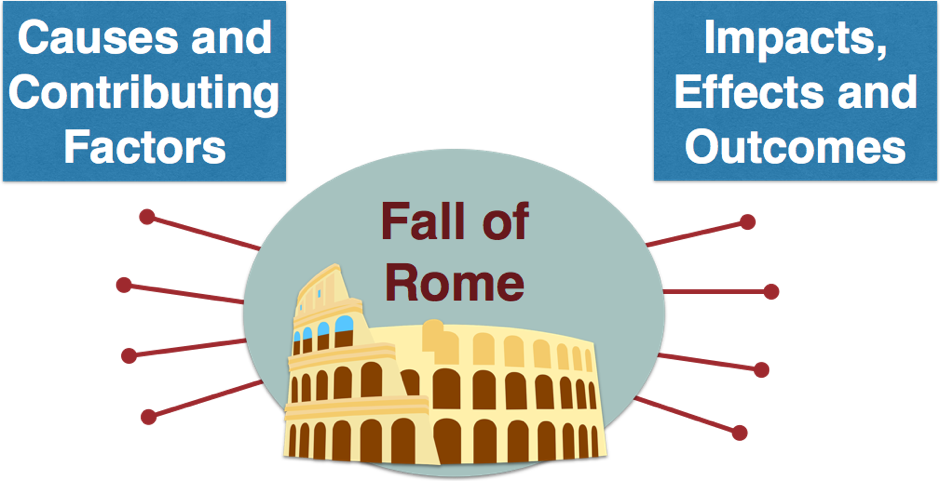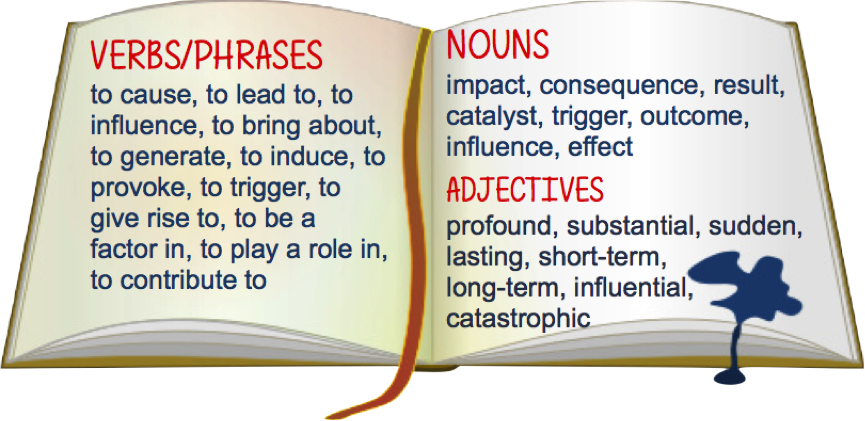- PDF of my class presentation
- Quick Quiz based on John Green’s Analysis (see video embedded in previous post)
- Kahoot: Preview Version | Class Version
- Handout on Black Death

Dear S2Z,
As you know, teasing out the interwoven causes, variables and factors that contributed to an important historical event is a tricky business. There is rarely a single cause that leads inexorably to a single effect.
The fall of the western part of the ancient Roman Empire is a case in point. Many factors contributed to the Roman Empire’s gradual decline and final collapse; indeed, the event was so complex that Edward Gibbon, the famous historian, wrote six long volumes on the topic. Rome’s collapse, furthermore, was to have a profound impact on the development of medieval Europe.
Use the links below to create a set of notes possible causes and effects. Try to dip into at least three different sources.
Kind regards,
Ms Green

Questions to ask yourselves as you read:
a Gibbon thought we should ask why the Roman Empire lasted as long as it did, rather than why it fell. This is a whole new way of considering the issue. What do you think?
b What were the possible benefits of Rome’s fall?
c Is it accurate to assert that its fall ushered in the so-called “Dark Ages”?
“The decline of Rome was the natural and inevitable effect of immoderate greatness…” – Edward Gibbon, writer of The Decline and Fall of the Roman Empire
Links on the Fall of Rome
- Mr Giotto’s site: Barbarian Invasions
- Ancient Rome for Kids
- E-how: Causes and Effects of the Fall of Rome
- BBC Website: The Fall of Rome (challenging but highly recommended)
- The Telegraph: The Fall of Rome
- History Learning Site: The Decline and Fall of Rome
- Ancienthistory.about: The Fall of Rome
- History.com: Eight Reasons for the Fall of Rome (with a video/song!)
Words for describing cause and effect in history:

